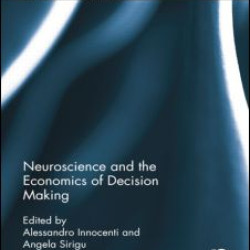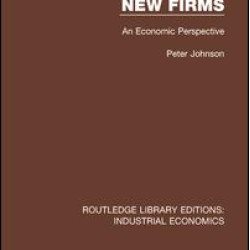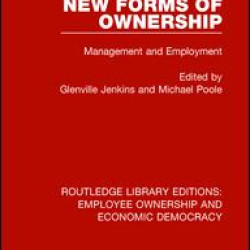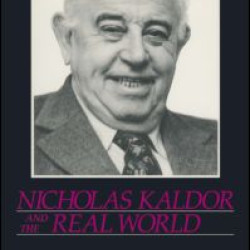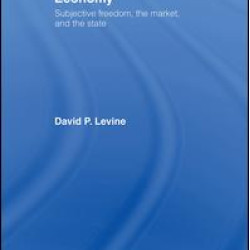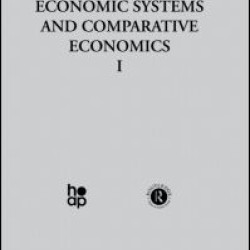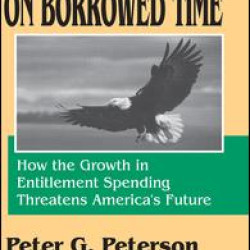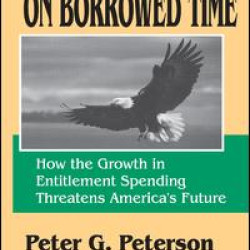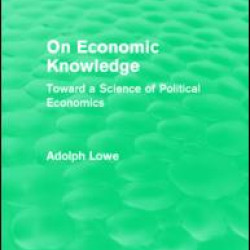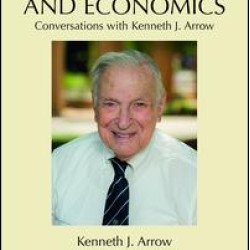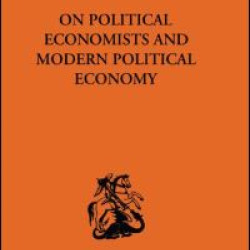Economics
Brand: Taylor & Francis
Model: Stock
_x005F_x000D_
This collection reflects the very latest research in neuroscience, psychology and the economics of decision-making. _x005F_x000D_..
₹2,643.10 ₹3,303.88
Brand: Taylor & Francis
Model: Stock
This book, first published in 1986, is an important contribution to the economic analysis of new firms. It emphasises the importance of analysing the economic inter-relationship between new and established firms. These links are especially relevant in the assessment of the employment effects of form..
₹6,094.78 ₹7,618.48
Brand: Taylor & Francis
Model: Stock
Originally published in 1990. Why has the pattern of ownership in British industry changed so dramatically in recent years? This high-level and wide-ranging discussion on the developments of the industrial scene in Britain investigates why such changes have occurred, and explores their impact on man..
₹7,711.20 ₹9,639.00
Brand: Taylor & Francis
Model: Stock
First Published in 1994. Routledge is an imprint of Taylor & Francis, an Informa company...
₹8,445.60 ₹10,557.00
Brand: Taylor & Francis
Model: 9780415274609
Considers the role of economics in discussions about the depletion of finite stocks of natural resources including oil...
₹11,750.40 ₹14,687.99
Brand: Taylor & Francis
Model: Stock
This book explores the criteria we use for judging economic institutions and economic policy. Topics covered include: equality and justice, freedom and creative living, role of the state, capitalism and the good society...
₹2,643.10 ₹3,303.88
Brand: Taylor & Francis
Model: 9780415269599
Much discussion has centred on the possibility of a 'third way' between socialism and the market and on the role of the 'third sector' (public, voluntary and not for profit) in modern advanced economies...
₹17,258.39 ₹21,572.99
Brand: Taylor & Francis
Model: Stock
This book, first published in 1965 with a revised edition in 1977, examines the subject matter and the method of the science of economics. On Economic Knowledge explores the historical trends of economics, the logic of economic science, and whether or not economics can be viewed in itself as a scien..
₹2,569.66 ₹3,212.08
Brand: Taylor & Francis
Model: Stock
Part intellectual autobiography and part exposition of complex yet contemporary economic ideas, this lively conversation with renowned scholar and public intellectual Kenneth J. Arrow focuses on economics and politics in light of history, current events, and philosophy. Arrow reminds readers that ec..
₹2,716.54 ₹3,395.68
Brand: Taylor & Francis
Model: Stock
This book reflects Geoff Harcourt's contribution to economic debate over more than three decades. It also includes intellectual biographies of some of the most prominent and leading unorthodox economists...
₹17,992.79 ₹22,490.99


